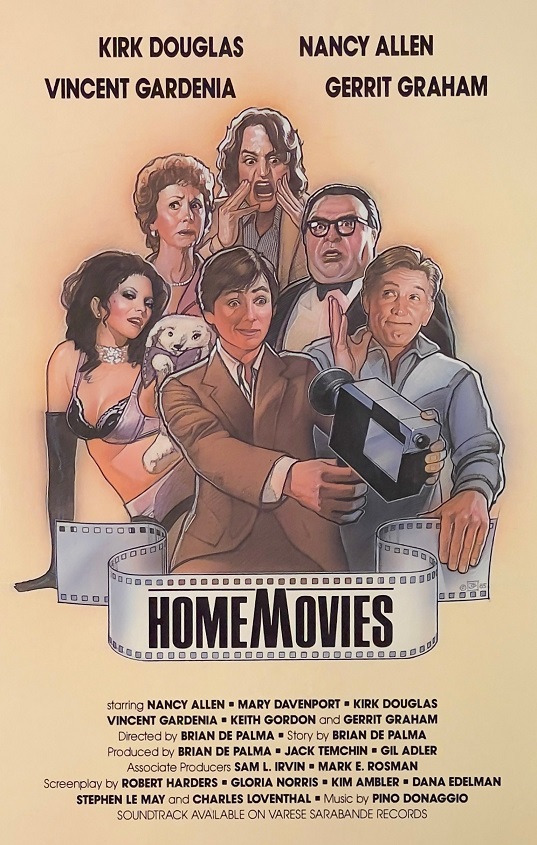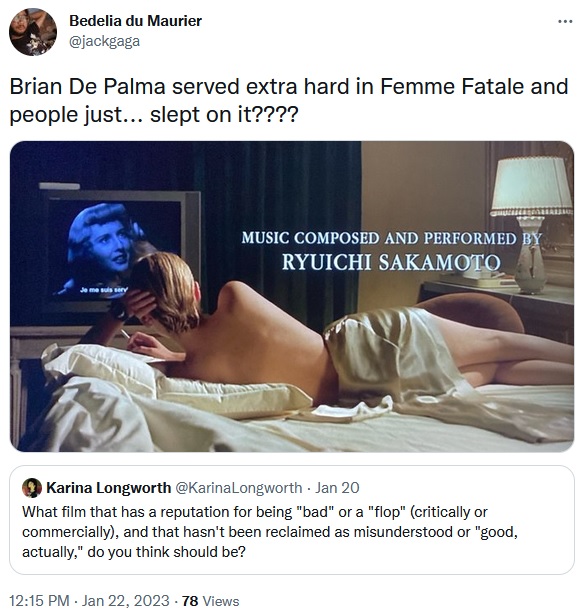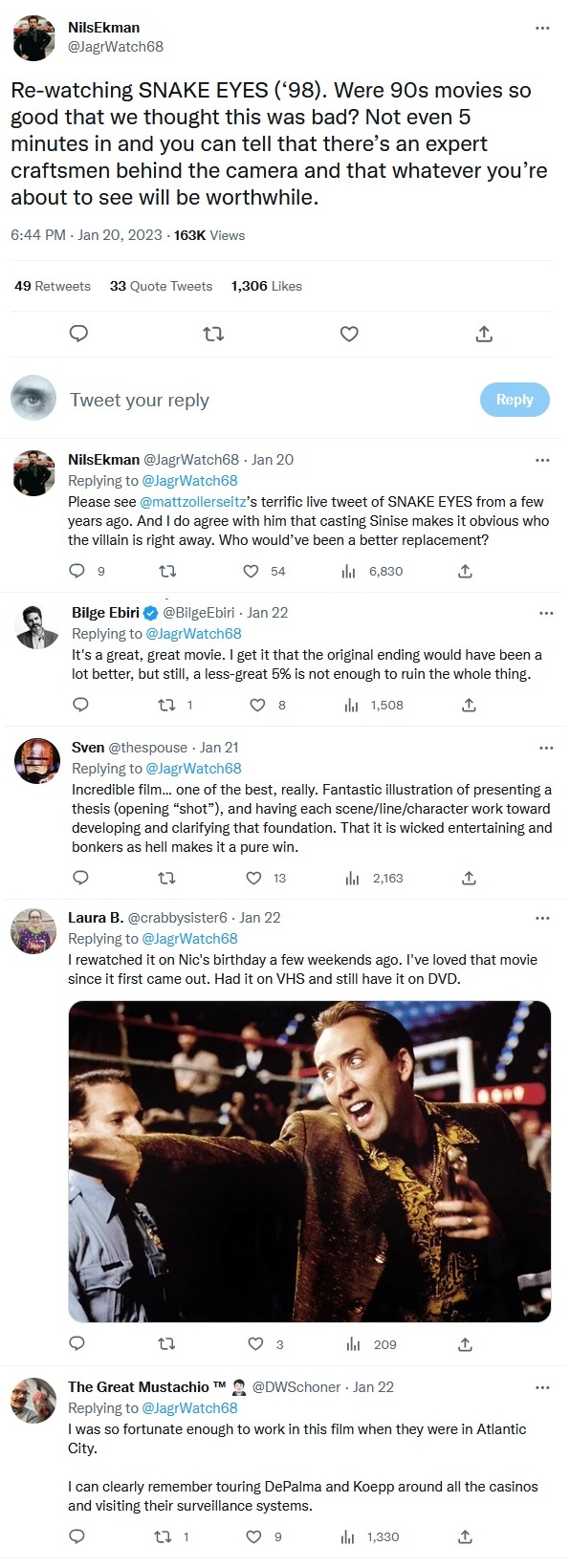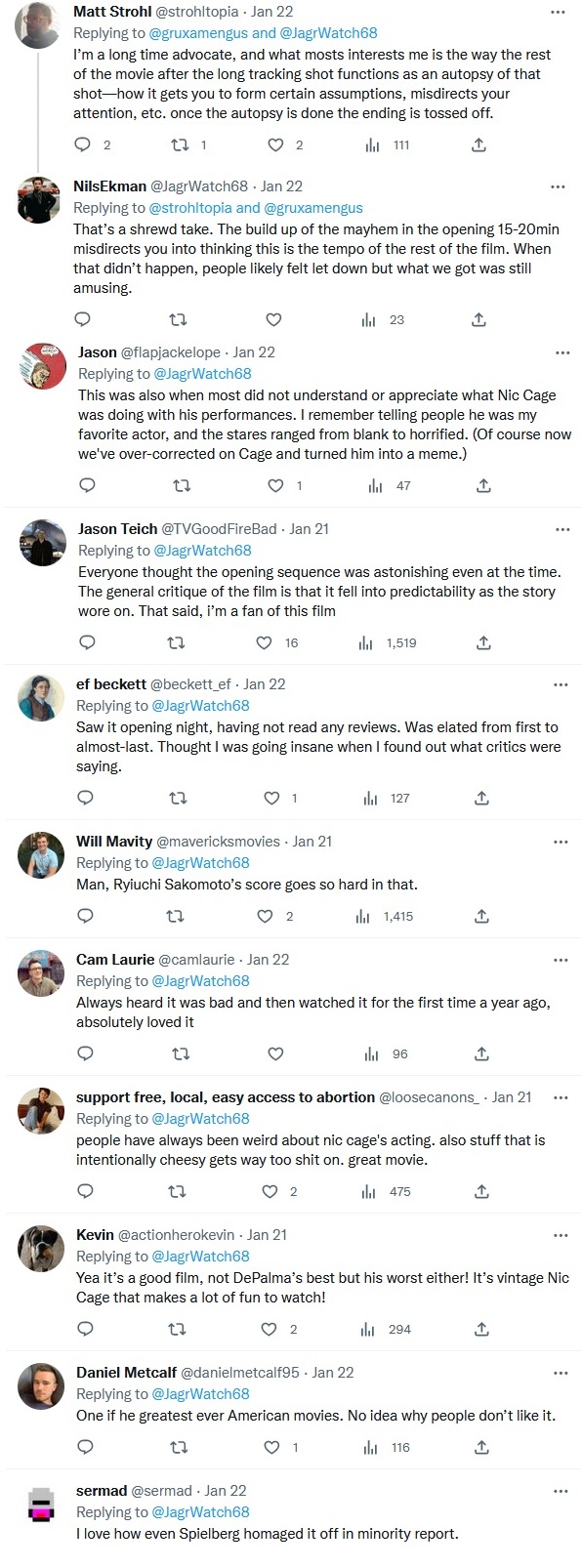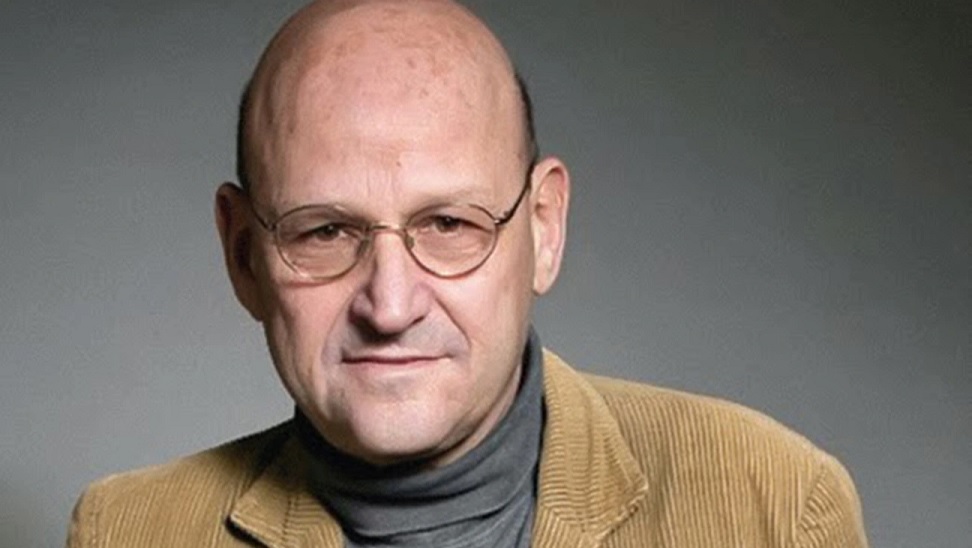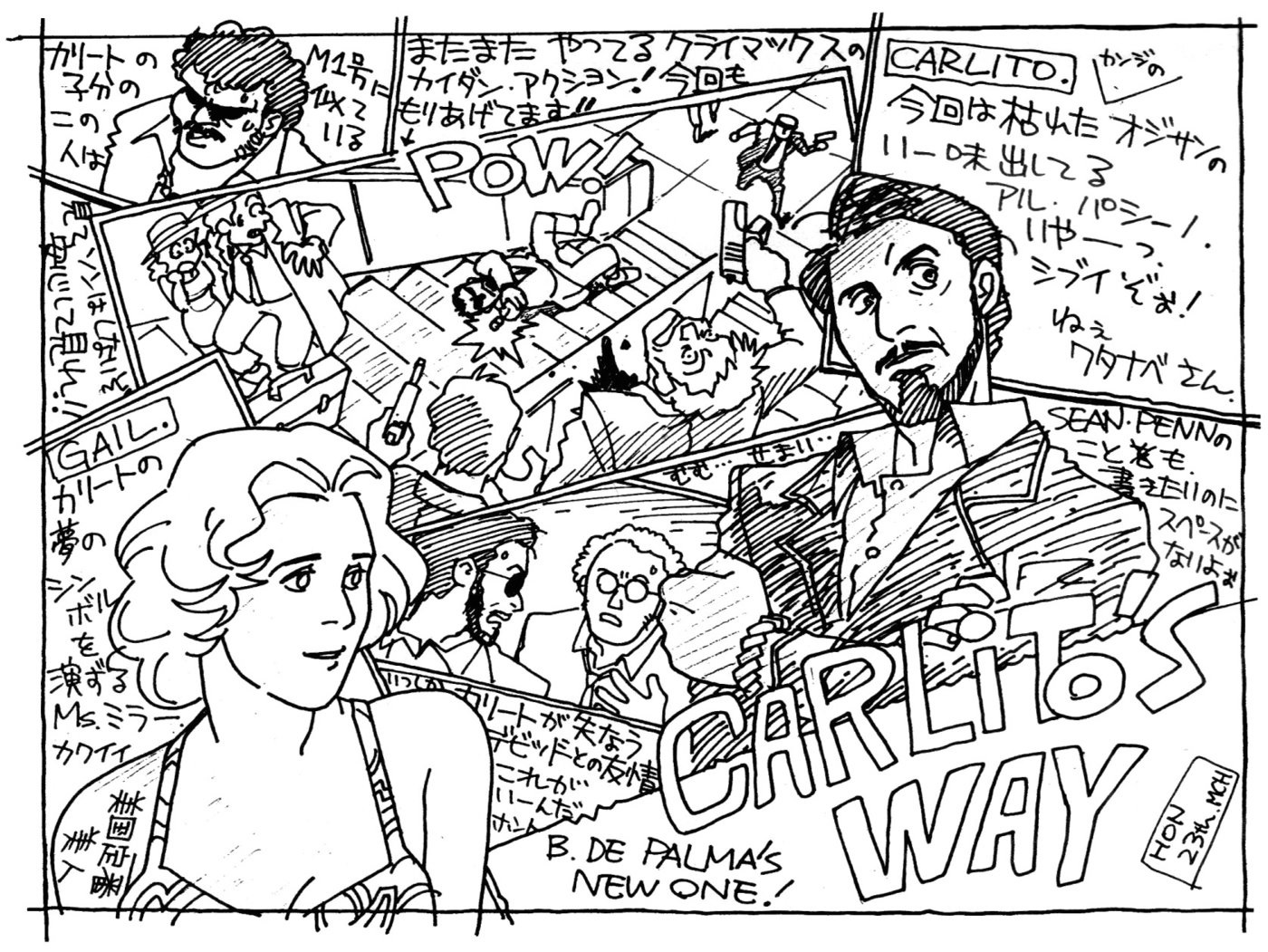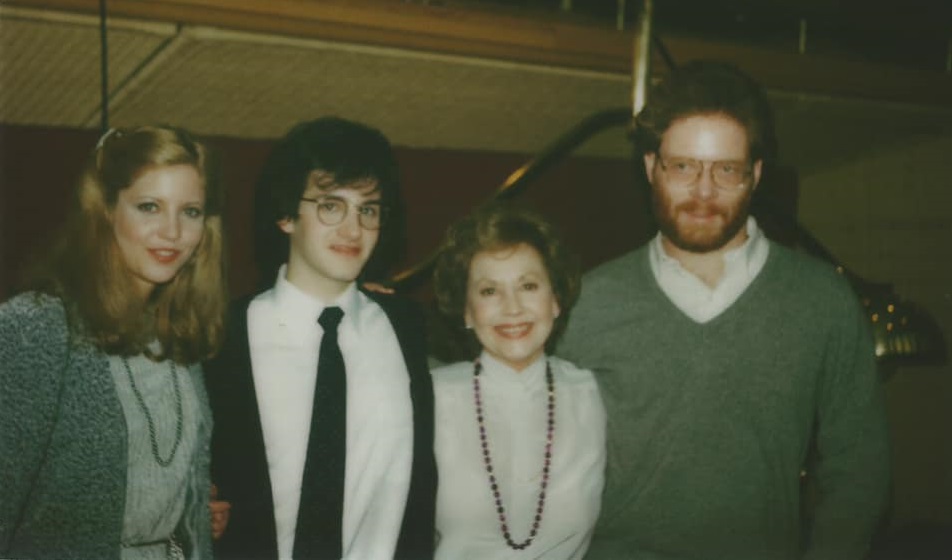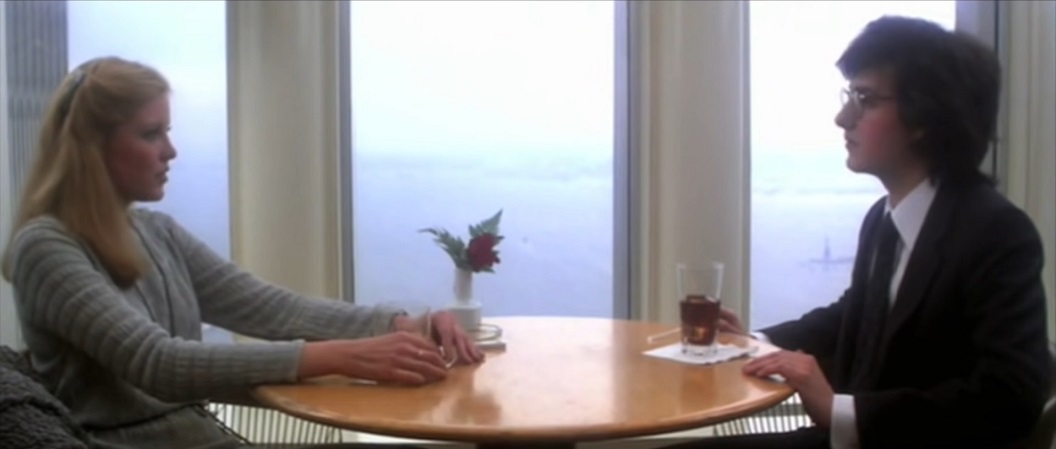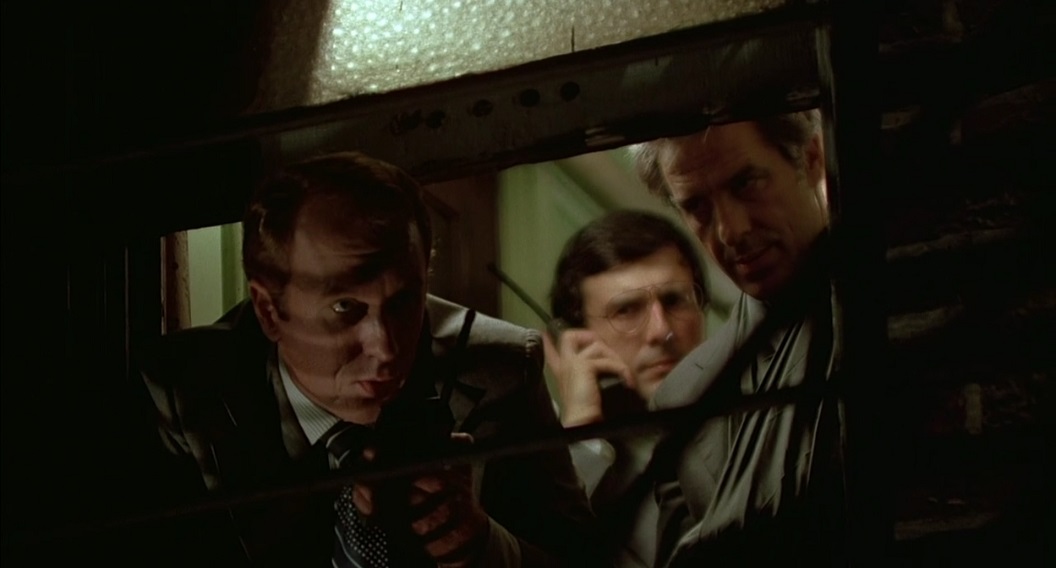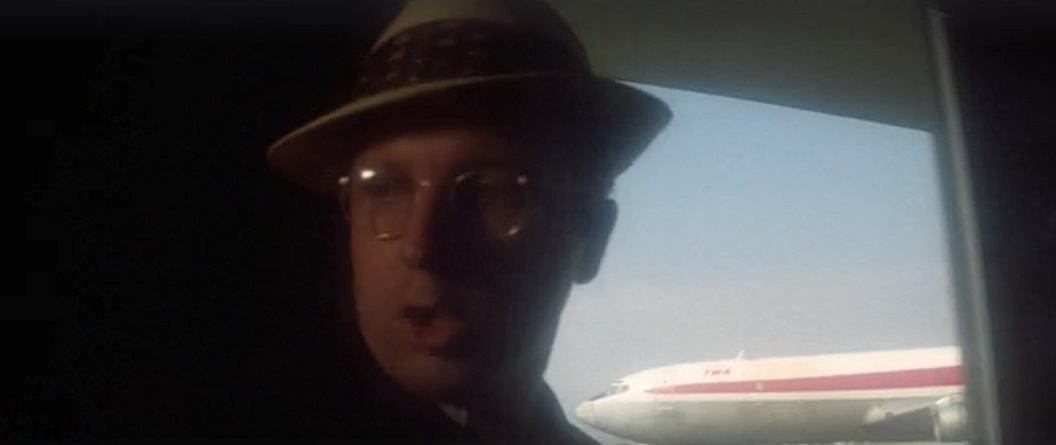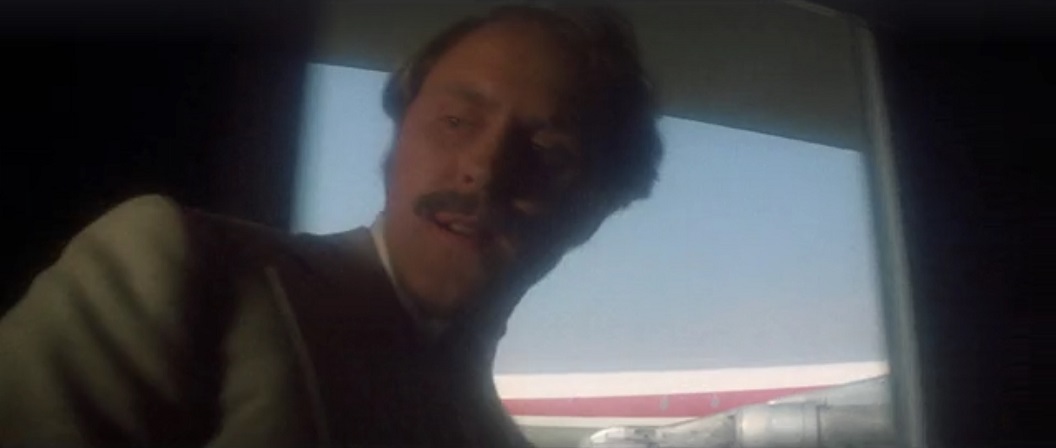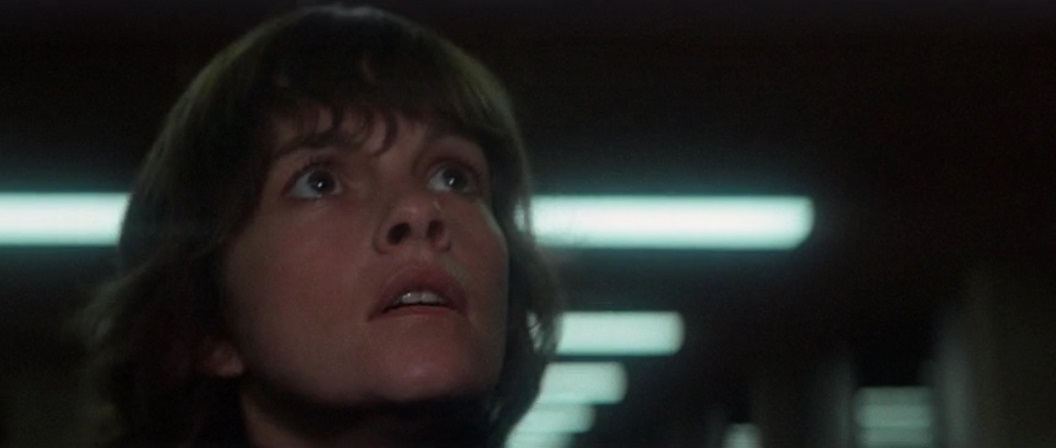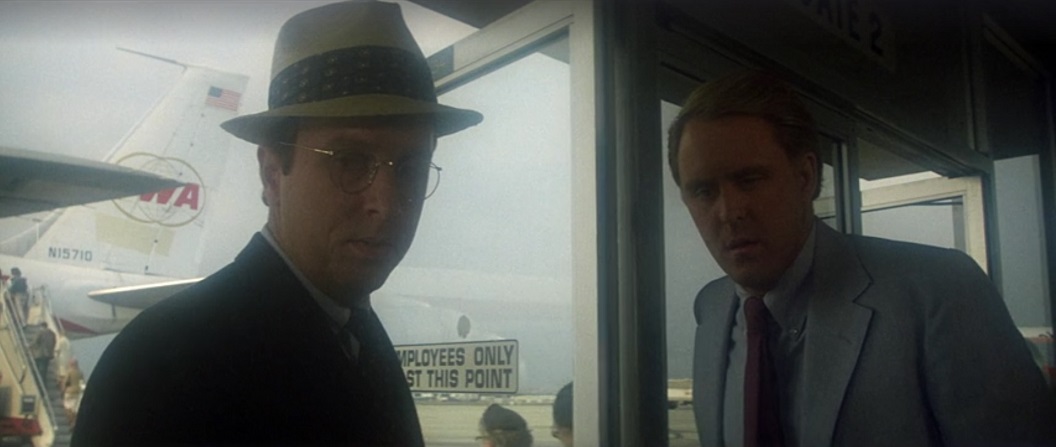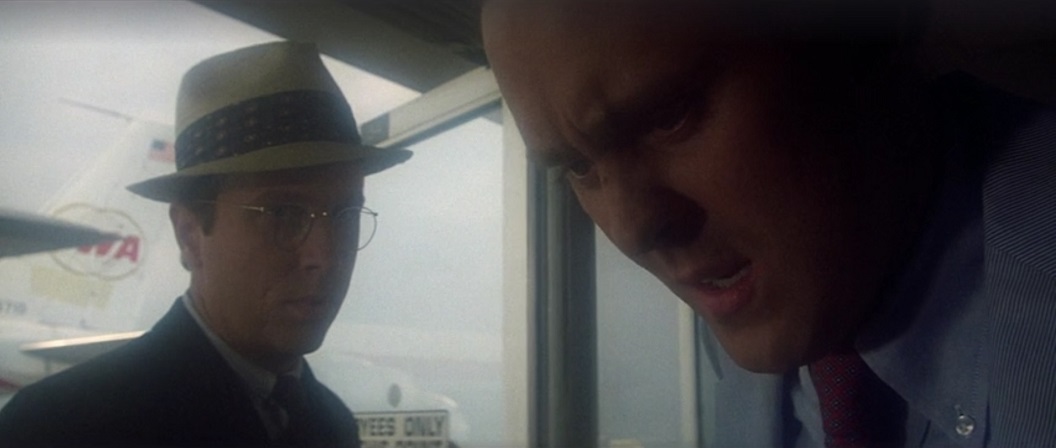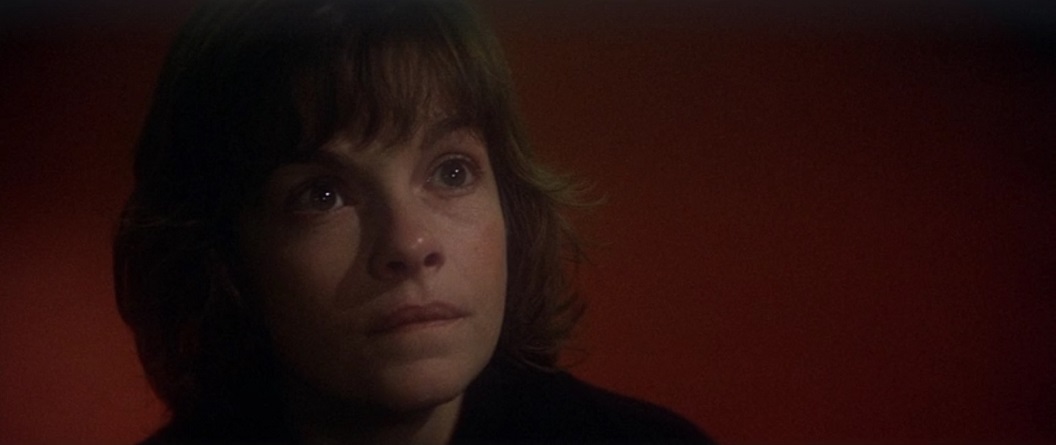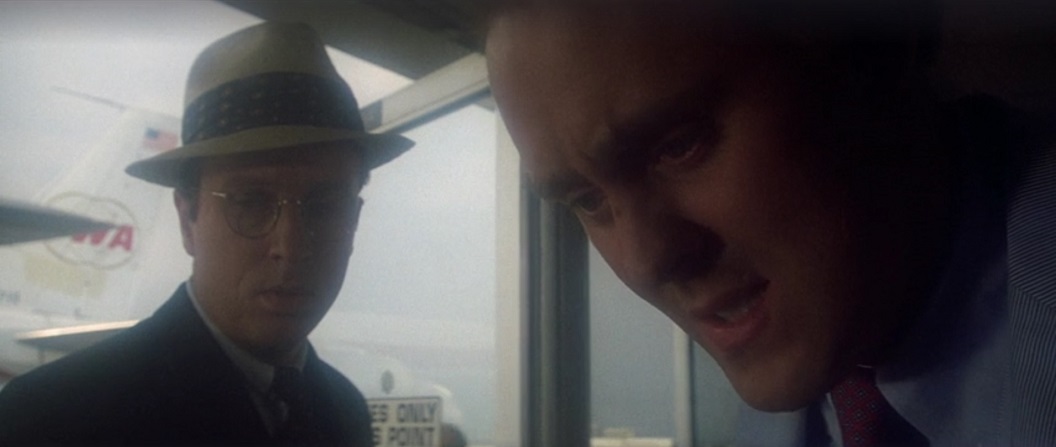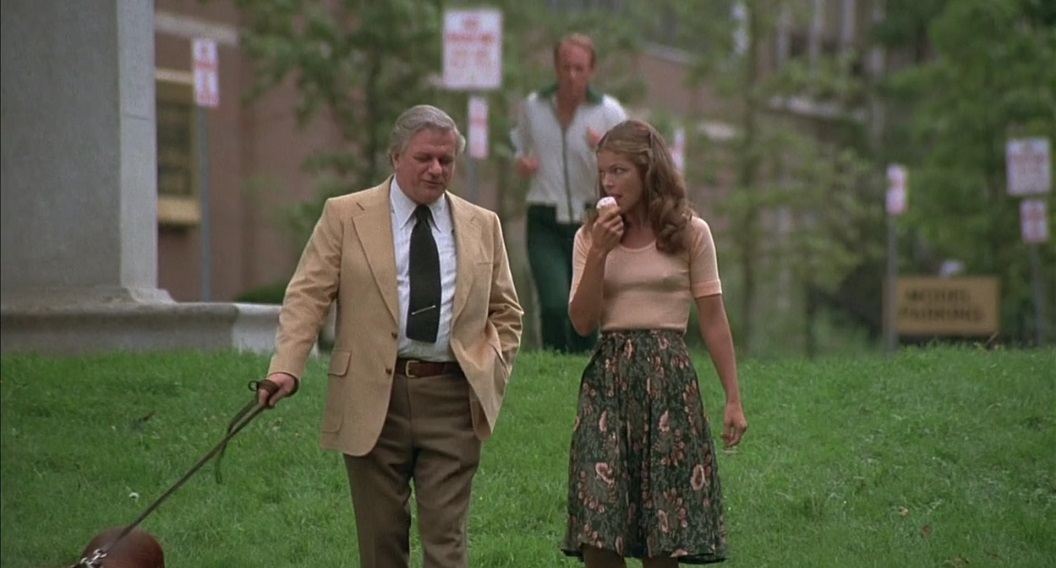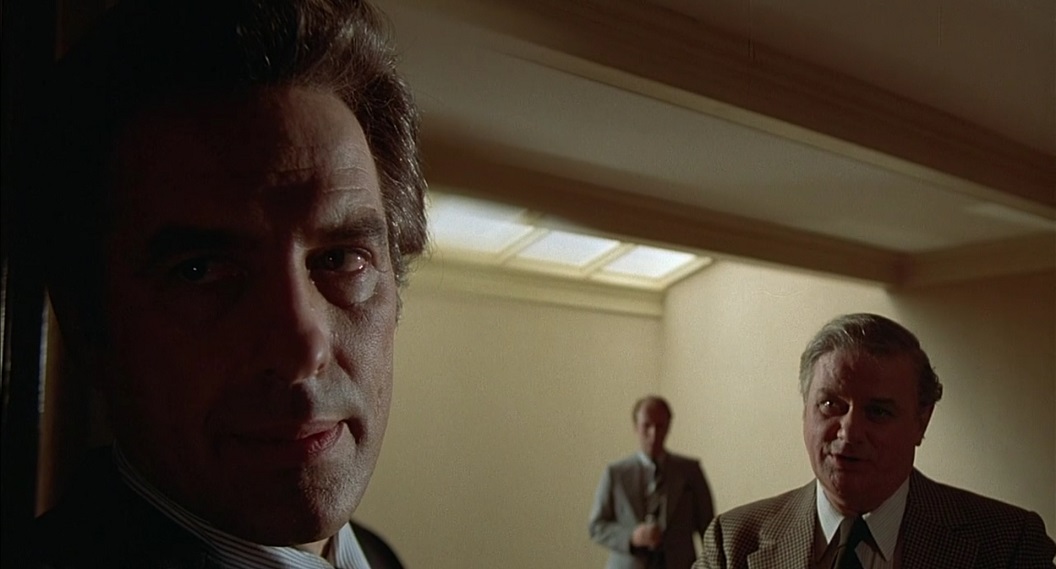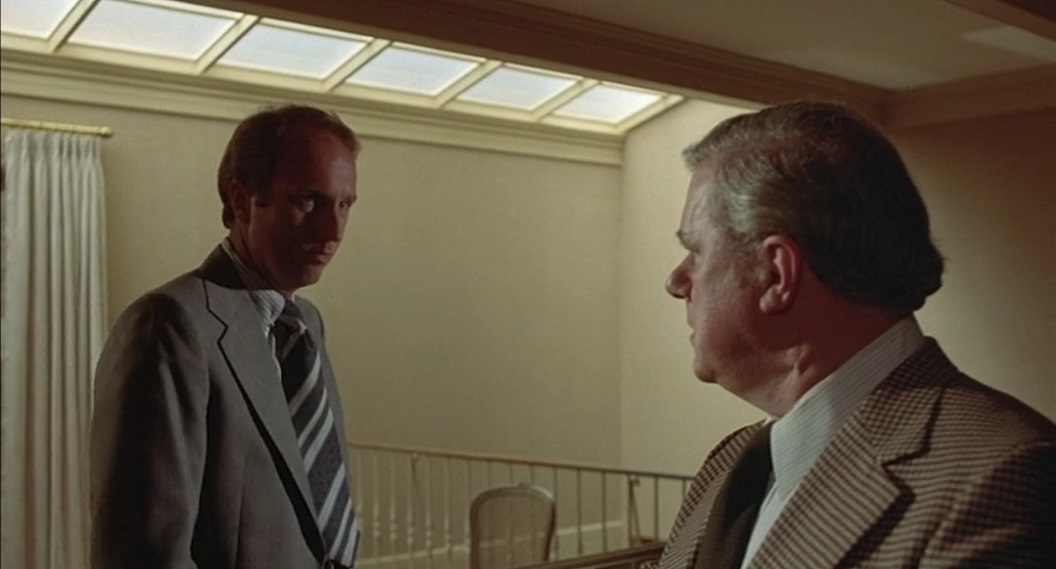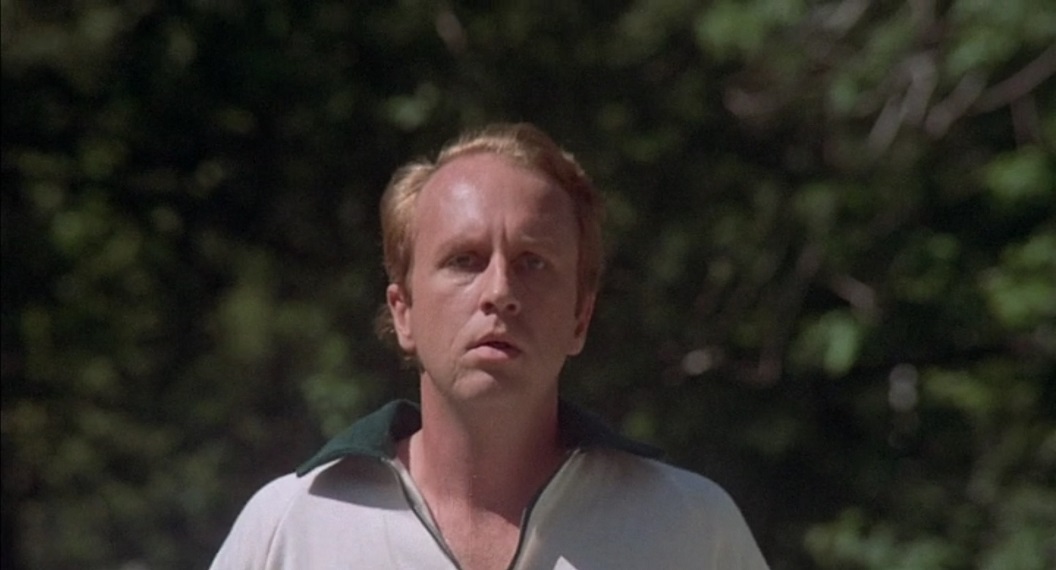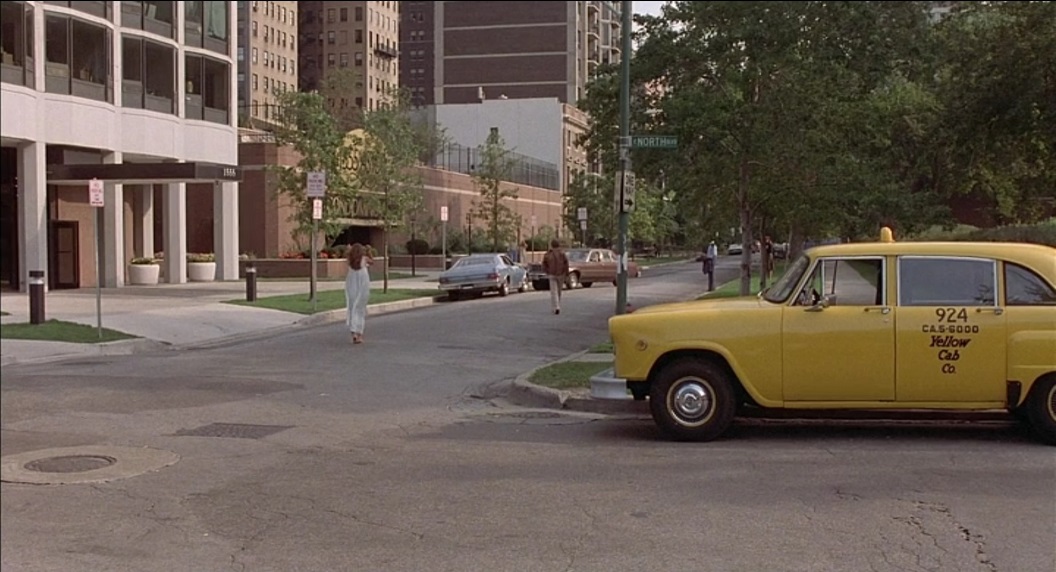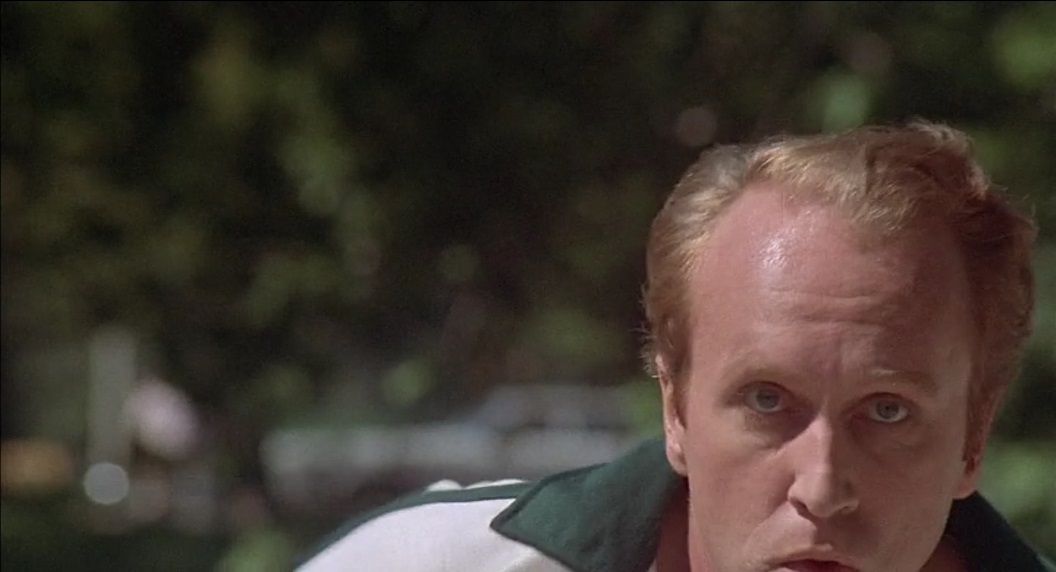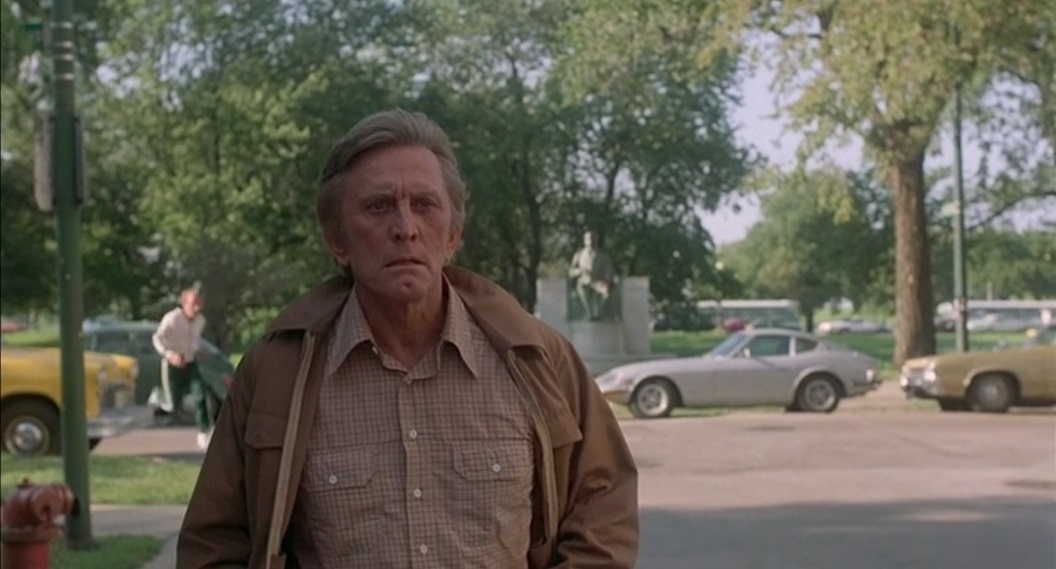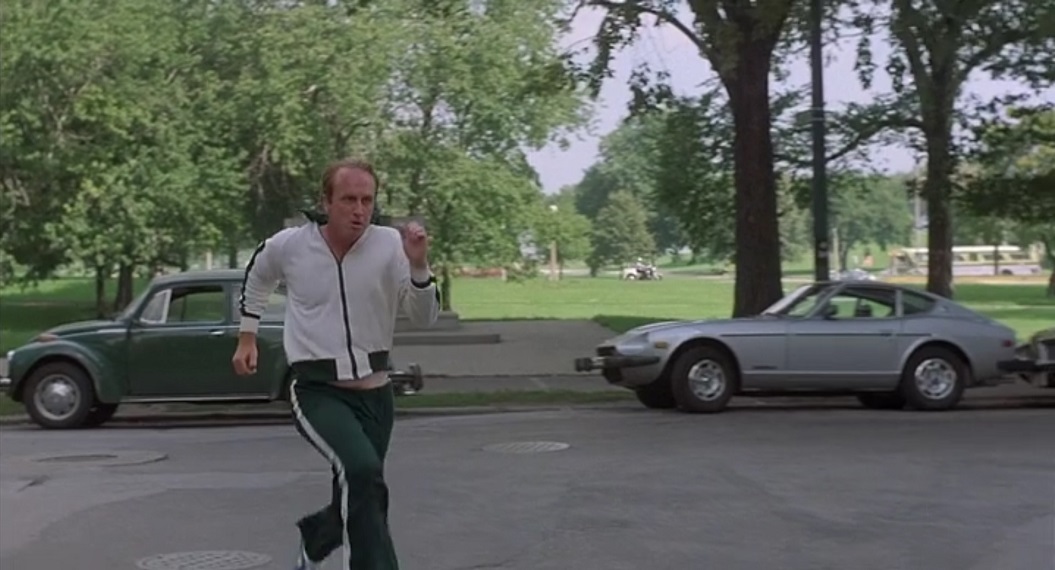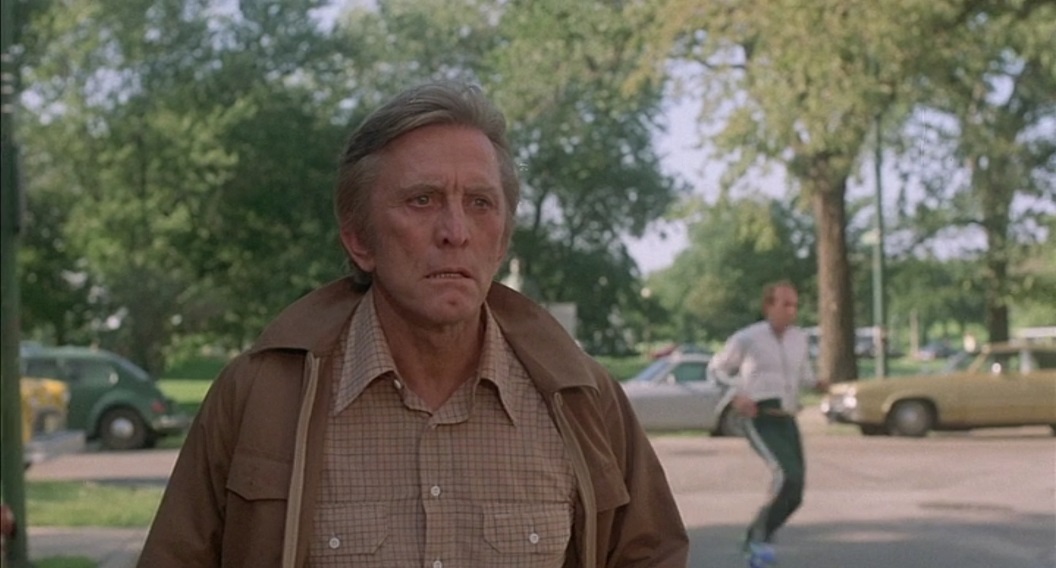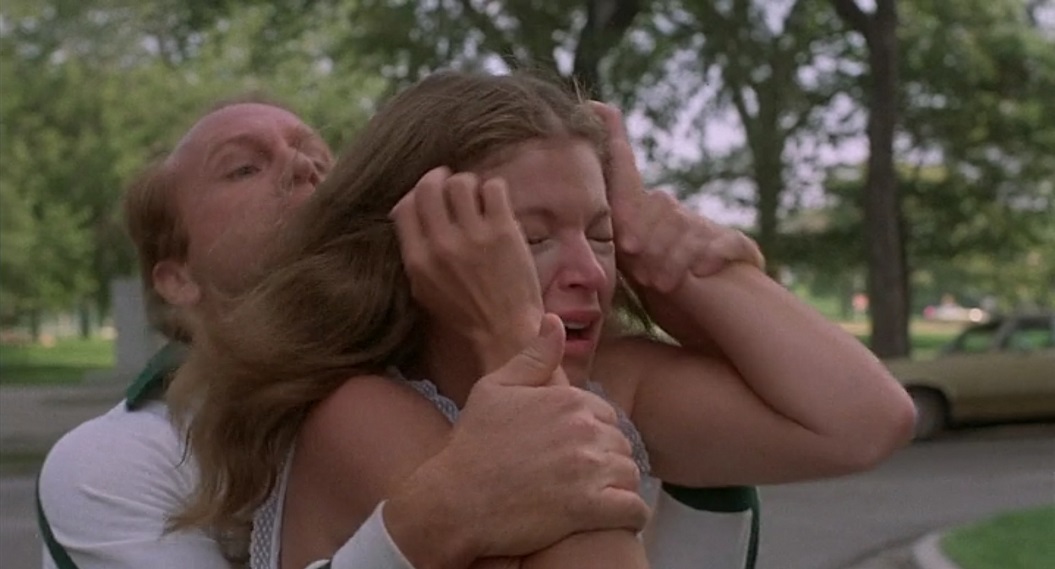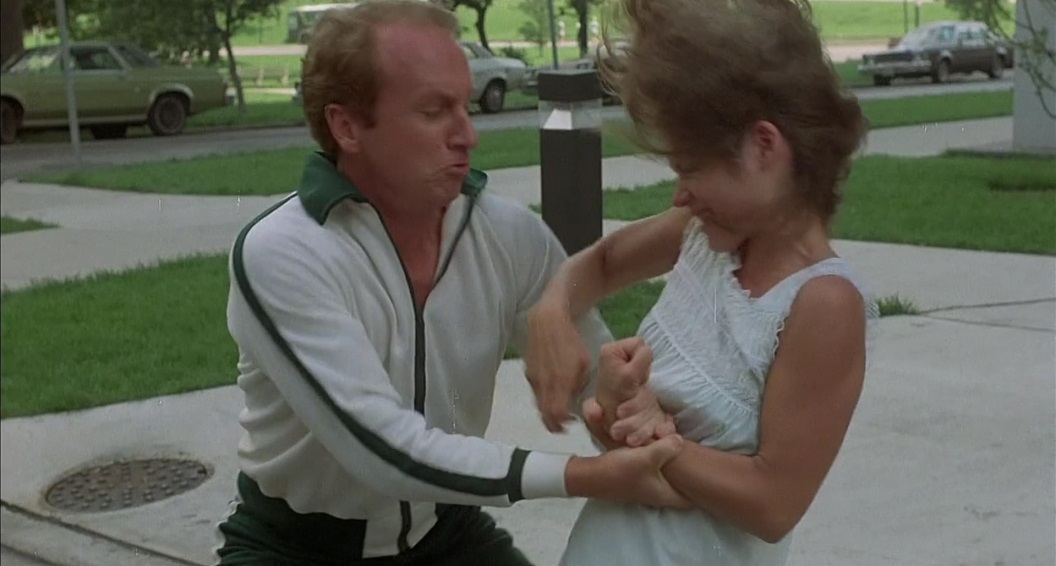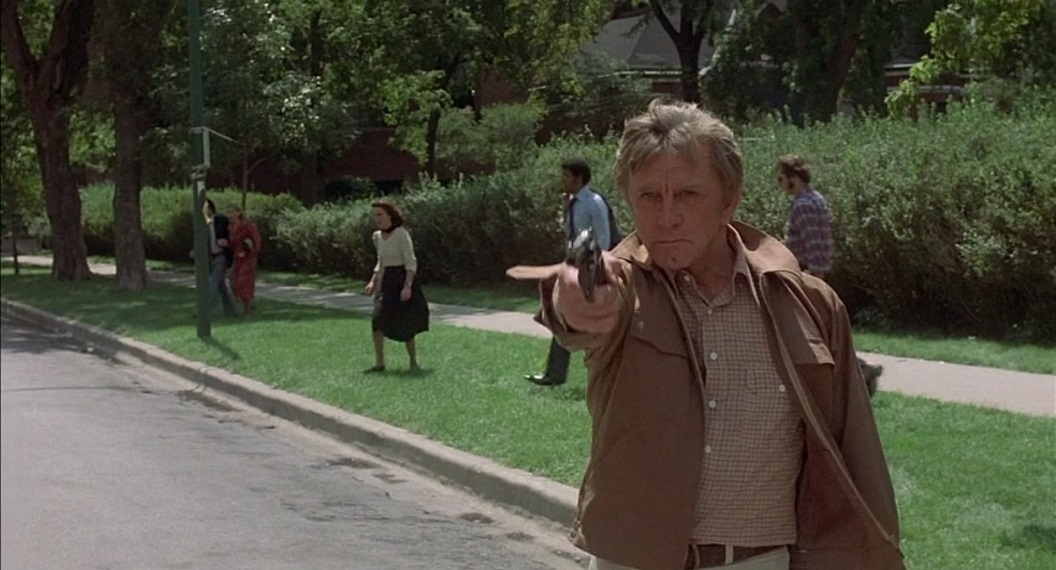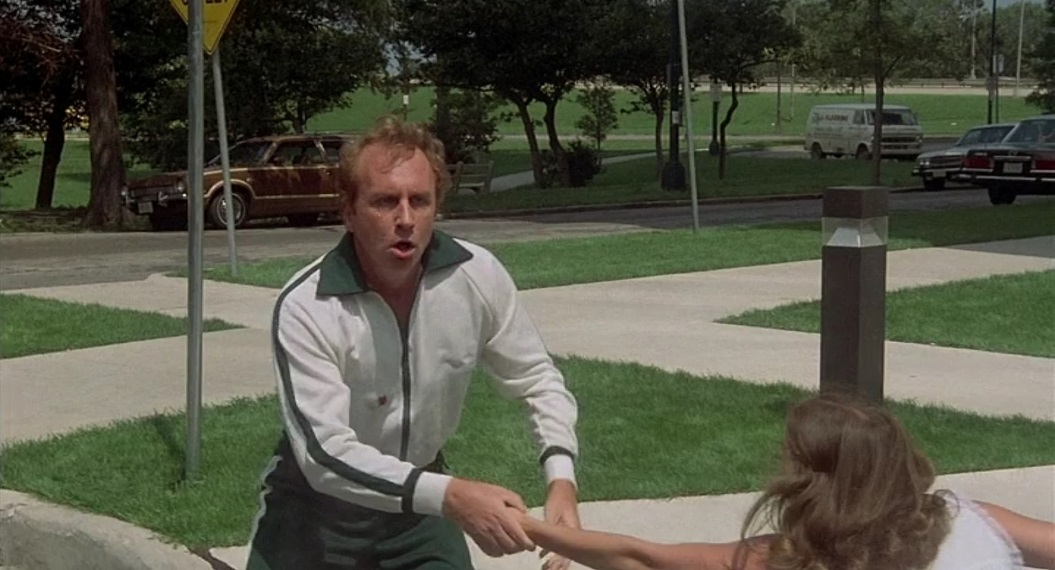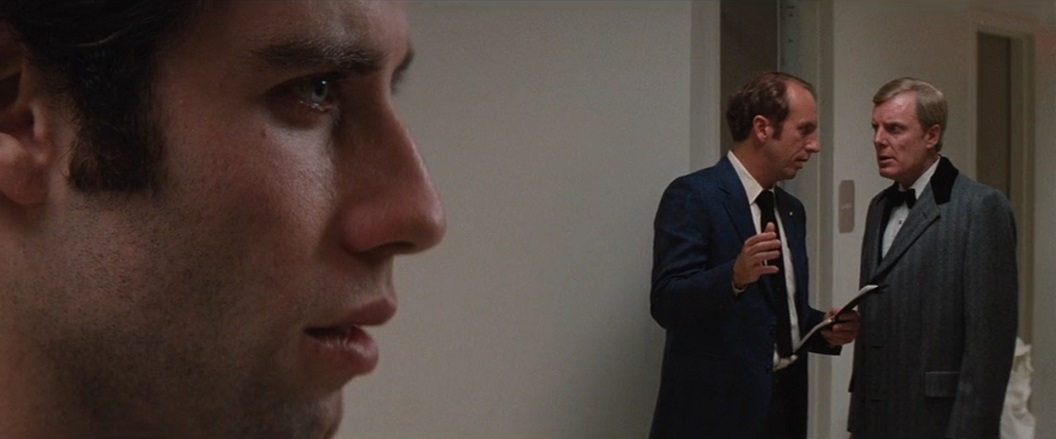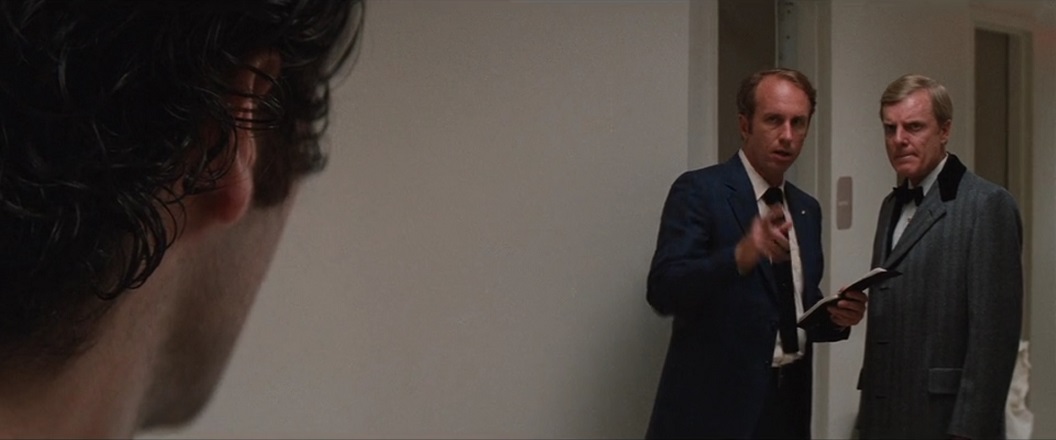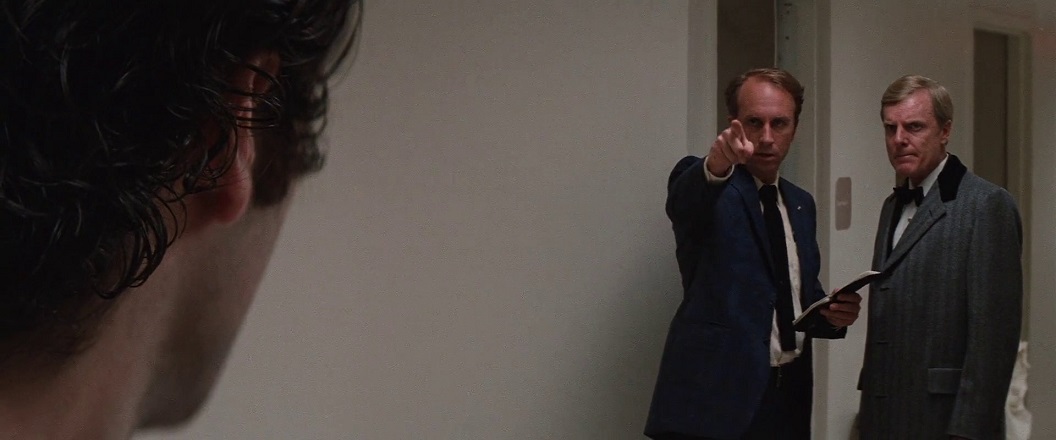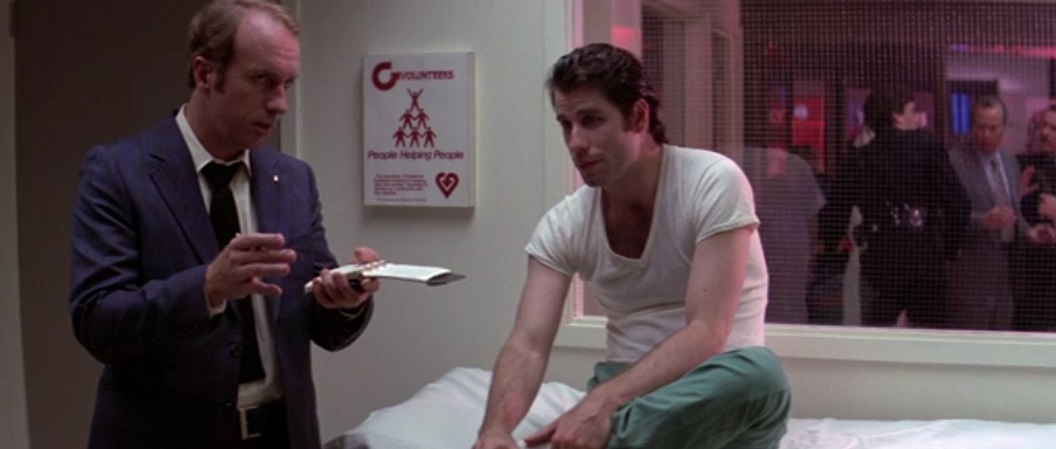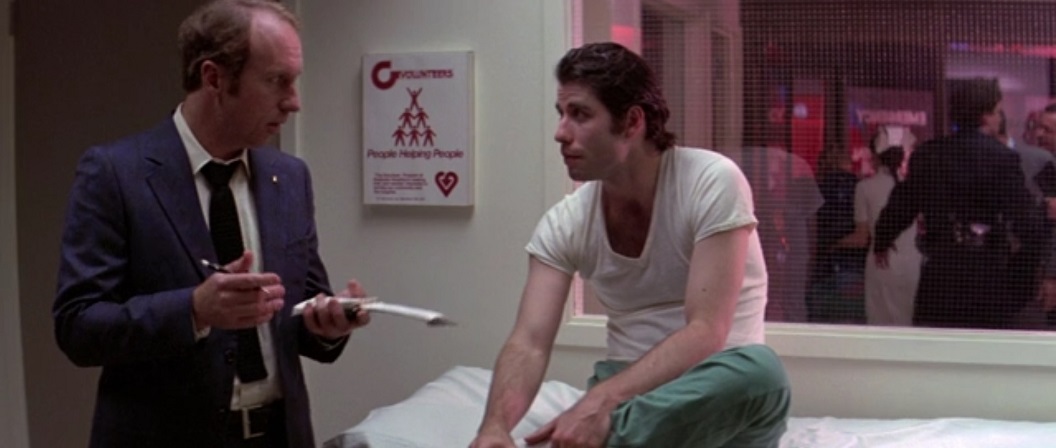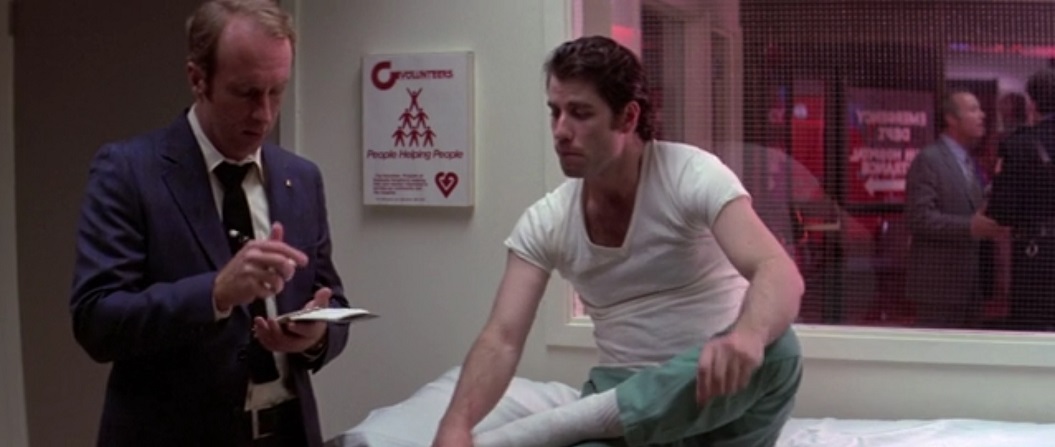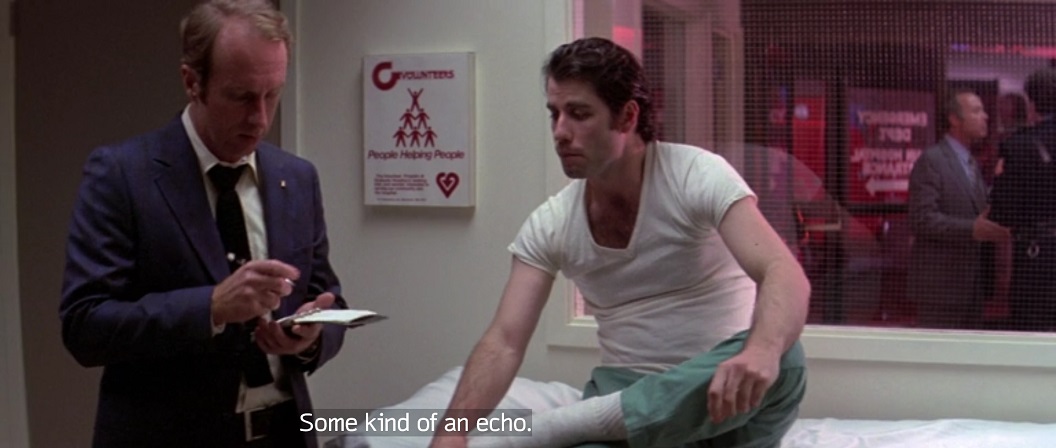COLUMBIA DAILY'S JAMES OWEN ON WHY HE PREFERS TARANTINO'S STYLE OF CRITICISM
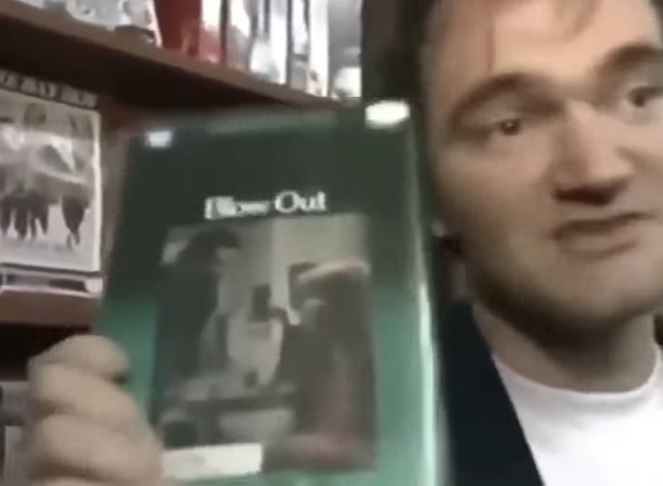
James Owen, the film columnist for the Columbia Daily Tribune, has written an interesting piece about Quentin Tarantino's new book, Cinema Speculation. Here's an excerpt:
“Cinema Speculation” is a hardcovered series of essays Tarantino wrote about formative films he watched from the late sixties to the early eighties. Each chapter is presented as a piece of film criticism. Although it also reads as a memoir of a young film geek who tagged along with his mom and her dates watching age-inappropriate films with rowdy crowds. If you wonder how Tarantino developed his oddly hyperkinetic personality, “Speculation” is rich in psychological self-evaluation.The book also provides insight into a defining modern filmmaker. When Tarantino talks about other movies, he is really identifying films and filmmakers that formed his style. A write-up of Brian De Palma or John Ford reads not so much as objective analysis but rather how those directors influenced Tarantino’s work. In that way, “Cinema Speculation” is not so much film criticism as it is autobiography. Which, frankly, is more valuable than criticism.
Writing about Tarantino’s collection requires us to define what film criticism is. Many mistake it for someone offering their opinion. That’s more like being a film columnist, which is what I do. Although I try and give context to an opinion so the reader can formulate their own decision to watch a movie or read a book or whatever. Criticism is about context. Criticism digs into the history and tastes of the filmmakers. The method of acting style employed by the performer. But criticism doesn’t just concern itself with technicalities. Considerations for evaluating a movie should also include the time and place where it was conceived and later consumed by audiences. All of these factors help define a movie and its place in the larger cultural conversation. That’s criticism.
Using that standard, Tarantino does much more. He does do a good job of explaining why films like “Dirty Harry” or “Taxi Driver” thrived at the time they did. He delves into whether Eastwood’s Harry Callahan is fascist or Paul Schrader’s take on the lone cab driver is meant to be racist.
If you dig into what film critics were saying at the time these films were released, Tarantino isn’t saying anything new. In fact, Tarantino goes out of his way to quote immediate reactions that offered these very arguments. What’s interesting is how the filmmaker talks about these controversies. Tarantino, too, has been accused of racism and glorifying violence. When he defends these films, you hear self-defense. You may not agree with the position taken, but Tarantino makes a vigorous and entertaining case.
When the topic turns to plot points or camera angles, Tarantino talks why this certain scene worked and something else does not. By talking technique, Tarantino offers a glimpse into how he works. He talks about the decisions he would have made had he directed those earlier films. This, again, isn’t criticism, but rather a glimpse into his own moviemaking in a very engaging and entertaining writing style.
If you’re not much of a reader, there are other options to observe Tarantino’s metamorphosis as the co-host of the “Video Achieves” podcast with fellow filmmaker Roger Avary. Both shared the Oscar for writing “Pulp Fiction” and both got their start as clerks at the Video Achieves store in Manhattan Beach. There, a burgeoning QT dazzled customers with his encyclopedic knowledge of every movie known to man. (Indeed much of the Tarantino myth is that he absorbed all of this knowledge and became a legendary director seemingly through osmosis.)
When the store closed, Tarantino bought the entire inventory and now he and Avary spends ninety minutes every week talking about titles they seemingly pluck out of the air.
I’ve listened to every episode and never once been compelled to seek out any of these exploitative grindhouse flicks. What captivates me about the podcast – as well as “Cinema Speculation” – is how Tarantino lets you into his filmmaking mind. Not only that, but Tarantino has such enthusiasm for watching movies. Every filmgoing experience has the promise of something amazing. This certainly is out of vogue for most critics who seem to look for reasons to hate everything they see. I don’t relate to that; Tarantino suspects most critics hate themselves or their job. I don’t disagree so I reject most other critics.
But the unbridled hopefulness endears me to Tarantino, who remains a fan despite going into his fourth decade as a Hollywood veteran that could make anyone a cynic.




